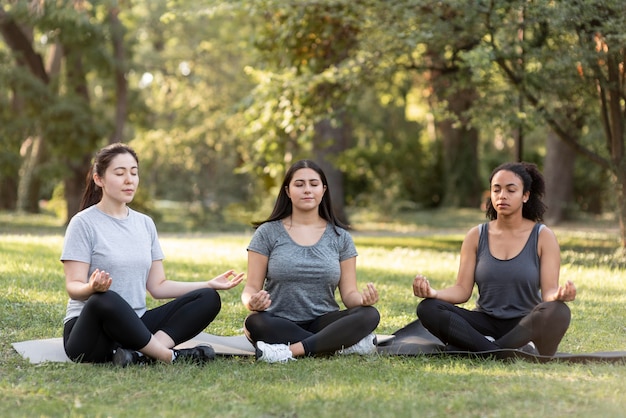

These days, mindfulness seems to be talked about everywhere, but often, it isn’t clearly defined. For me, mindfulness mainly means self-observation. When we’re not being mindful, it’s like we’re on autopilot—our thoughts, emotions, speech, and actions are functioning, but there’s no inner awareness. Without that awareness, we can’t evaluate our thoughts and actions to see if they’re causing suffering for ourselves or others. We become a bundle of automatic behaviors and instincts, like driving a car without remembering the journey or reading a bedtime story to kids without paying attention to the words.
The crucial aspect here is how mindfulness affects our well-being, or simply put, our quality of life. Without self-observation, we might not notice how our thoughts and actions make us unhappy. When we do practice self-observation, we notice the effects of our thoughts and actions, which allows us to make adjustments. For example, we might realize a particular thought pattern makes us anxious or angry, recognize it’s not even true, and decide to let it go.
Mindfulness offers us two types of freedom: “freedom from” and “freedom to.” “Freedom from” means freeing ourselves from the automatic pull of habits and instincts, and thus from the suffering they often cause. These habits and instincts don’t disappear when we start being mindful, but we become less controlled by them. They become just thoughts and desires that we observe without necessarily acting on them.
This kind of freedom is transformative, as it changes how we exist at a fundamental level. Beyond just freeing ourselves from negative behaviors, mindfulness gives us the “freedom to” develop new, positive ways of being. For instance, we can choose to be kinder. Simply remembering that kindness is an option makes it more likely we’ll act kindly. When we recall what it feels like to be kind, those qualities naturally emerge. If we aren’t bogged down by angry thoughts, we’re free to think more empathetically and lovingly.
This concept also applies to being patient, curious, courageous, accepting, appreciative, and reflective, among other positive traits. Mindfulness allows us to choose how we want to be. Essentially, it gives us the freedom to stop causing ourselves and others suffering through unconscious habits, and instead to develop positive habits that enhance the quality of our lives and impact others beneficially. It provides both “freedom from” negative patterns and “freedom to” cultivate positive ones.